By Jennifer Michael
Deaths from opioid overdose continue to mount around the country. Fatalities in Baltimore alone exceeded 700 people in 2017. Society seems to finally recognize the situation as an epidemic.
On March 18 at Brown Memorial Park Avenue Presbyterian Church, Dr. Leana Wen, Baltimore City Health Commissioner, addressed about 100 Bolton Hill residents and faith communities members on this epidemic, and discussed what communities can do to alleviate the crisis.
Dr. Wen emphasized the need for all of us—at a societal as well as an individual level—to recognize that addiction is a disease and not a moral failing. Moral judgments have led to the stigmatization of addicts at the level of policy and at the level of medical practice. As a result, they receive little or no follow-up care for their condition.
She noted that just as people with a heart attack or other serious medical condition receive immediate care and follow-up for their disease, those suffering from addiction need the same attention. She stressed that treatment is possible. Regretfully, only a small number of those addicted actually receive the care they need.
Since recovery is impossible after a fatal overdose, Dr. Wen discussed the importance of the antidote drug naloxone in preventing fatalities, which makes recovery possible. Naxalone has a dramatic and immediate life-saving effect when administered to someone unconscious from an overdose. As part of the session, she invited two volunteers to help demonstrate how to recognize and then administer the drug to a person unconscious from an overdose.
Naloxone is available without prescription from pharmacies in the city, and Dr. Wen urged everyone to purchase and carry a supply. More than 1,600 lives have been saved by average citizens administering naloxone.
Unfortunately, Dr. Wen also noted that the health department’s supply of naloxone will run out in a matter of months due to lack of funds.
Physicians, through their prescribing patterns, have unwittingly contributed to the epidemic of addiction and illegal drug use. Anxious to eliminate pain in their patients, physicians have been quick to prescribe opioids, as pharmaceutical companies promote their use heavily, without warning about their addictive effect.
She encouraged physicians and patients to consider recognized alternatives for pain management, emphasizing that patients themselves have an important role in questioning their health provider about how they are being treated.

After the talk, Senior Pastor Andrew Foster Connors joined Dr. Wen to lead the group in an engaging question and answer session. Pastor Foster Connors recognized the role the institutional church has played in stigmatizing addiction by failing to support persons suffering from this devastating illness.
“The faith community has a responsibility to work against the barriers of stigma, racism and inequity that are preventing our communities from receiving the healing that is possible and feeds a cycle of violence that exacerbate those inequities,” says Rev. Foster Connors. “We are excited to partner with Dr. Wen as she leads on this strategy that has already saved so many lives and sets the foundation that we need to build One Baltimore together.”
The event was organized by a Brown Memorial group that has been studying the epidemic to learn how faith communities and residents can be part of the solution. They have also consulted experts from Hopkins Bayview Addiction Treatment Center, the Mental Health Association of Baltimore and the Open Society Foundation.
The committee identified the safe disposal of excess opioids from prescriptions as a major concern, noting that prescription opioids may account for 78% of subsequent addiction and/or illegal use. Safe-return boxes are now available at police stations, and increasingly pharmacies are agreeing to take back opioids.
The committee purchased environmentally safe disposal bags that deactivate the drugs, making it safe to dispose of them in household garbage. Brown Memorial has a limited supply of these bags that can be picked up at the church office.
The organizers were pleased that so many in the Bolton Hill Community joined them in this effort. “Our faith communities have an important role to play in reducing the stigma attached to addiction and in healing the pain that it causes,” they said.
